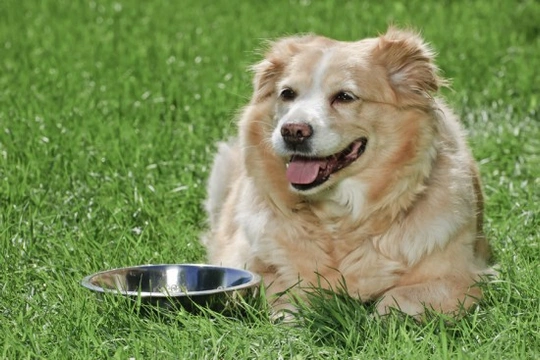
Basic Dog Care
In days gone by dogs just seemed to attach themselves to a household in an almost magical way. Certainly I do not ever remember my parents actually going out and buying a dog or actively searching for one. As for feeding and walking these were similarly just things to be assimilated into the household routine - leftover scraps meant nothing was ever wasted. And this, plus the weekly treat of a bone from the butcher was seen to be more than adequate. Walks were not always provided but then neither did that seem to matter too much either as the dog generally ran free alongside the children as they played in the communal area of the street - gone are these days of casual care. And this is not altogether a bad thing.The more we know about our dogs the better. The RSPCA issues strict guidelines for us to follow. They are mainly common sense and are built upon us having and maintaining a healthy respect for the animal we have undertaken to bring into our home. By following these guidelines we will keep our dogs happy and healthy and in this way develop a strong and mutually affectionate bond with them - which after all is perhaps the most popular reason for owning a dog in the first place.
So what should we provide for our dog?
- Your dog will greatly appreciate his own special place in the house - it should be comfortable, dry, clean and quite importantly a place that he can rest in undisturbed.
- He should also be allowed frequent access to an appropriate place where can urinate and go to the toilet.
- Walks - exercise is a must for a healthy dog and ideally he should be taken out at least twice in each day - preferably to a destination where he can run free from a lead. This provides not only valuable stimulation but allows him to behave like a dog. The length of the walk is of course entirely dependent on how much time you have but a small walk is always better than none at all. Never be tempted to skip a walk.
- If your dog has to be left on his own make try to avoid him becoming bored - leave chew toys and other suitable objects for him to amuse himself with. If you are going to be out above three hours you should arrange for a neighbour to let him out for a short while.
- Never leave your dog in an enclosed space, where it may become either too hot or too cold. Always provide access to fresh, clean water.
When it comes to diet...
- You should provide your dog with a diet that is appropriate to his age and health status. There is a plethora of information about this, even in supermarkets. Feeding the wrong food can seriously compromise your dog's health. Older dogs for instance need less protein than young growing dogs, whilst a pregnant bitch will need something different again.
- In general dogs are fed once a day. This is how it would happen in their wild state. But choose a time and stick to it as far as you can. Puppies however will need much smaller meals and more frequently.
- Never allow your dog to become overweight - this is unkind and impairs health. Adjust feeding to weight.
- Always supply fresh, clean water.
- Any sudden changes in a dog's eating habits should be checked up on - it may be the sign of an underlying health problem.
Other considerations:
Before you go out and buy a dog make sure that you are able to give that dog a comfortable and safe home for the duration of his life. Never decide upon a certain dog because it is cute or because it is cool... the factors that decide which dog you choose should be determined by the facilities you have to offer. If for instance you live in a small flat with only a communal garden area then it's no use choosing a Great Dane or any other dog that requires a deal of space and exercise.Like us dogs like company of their own kind - if he gets on well with other dogs then give him the opportunity to interact at every possible moment. There can be nothing more distressing than to see a dog straining on his lead, desperate to say hello and being tugged sharply away.Never leave your dog with a stranger - trust your dog, if he takes a dislike to someone, there's generally a good reason.
Finally Health and Welfare:
It is without doubt your responsibility to keep your dog fir and healthy. This needn't be a big deal! Follow these simple rules:
- Check your dog each day. Use your eyes and your ears for spotting any unusual behaviour. Excessive scratching, limping, sounds of whimpering etc should all be followed up.
- Look at his coat and general demeanour - ask yourself if he looks happy, if he is pleased to see you or if he is indifferent. Is he wagging his tail? Is he alert? All of these things count.
- Unless you are breeding, then get your dog neutered. He will be happier for it.
- Make sure his vaccinations are up to date.
- Visit the vet for yearly check-ups.
- Keep him free from worms and other parasites.
The health of your pet is your responsibility; if he should fall ill the cost of treatment can be considerable, consider taking out pet insurance, it may just be the best thing you ever do for your dog.



